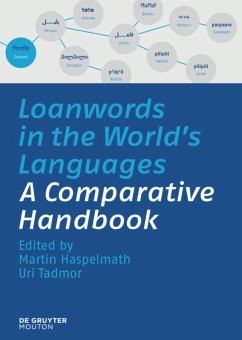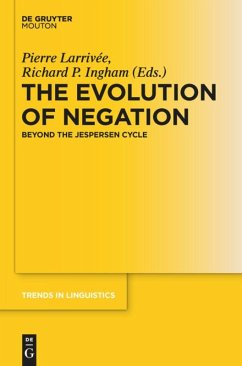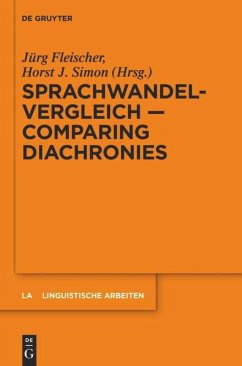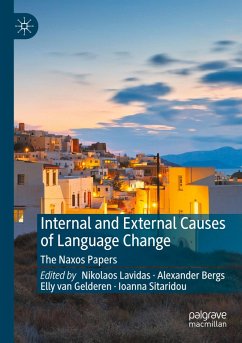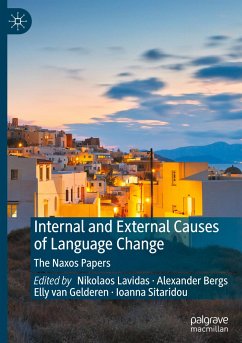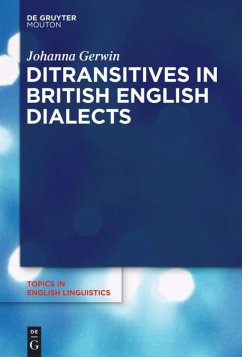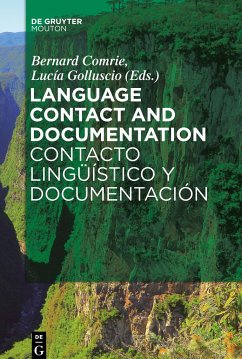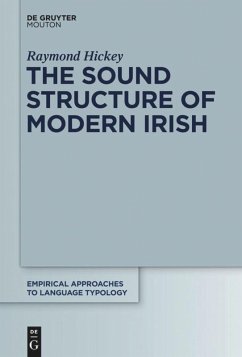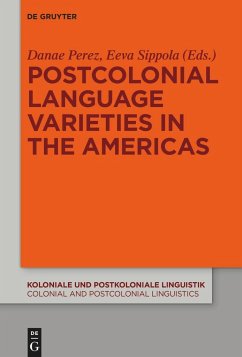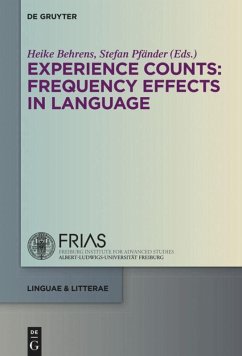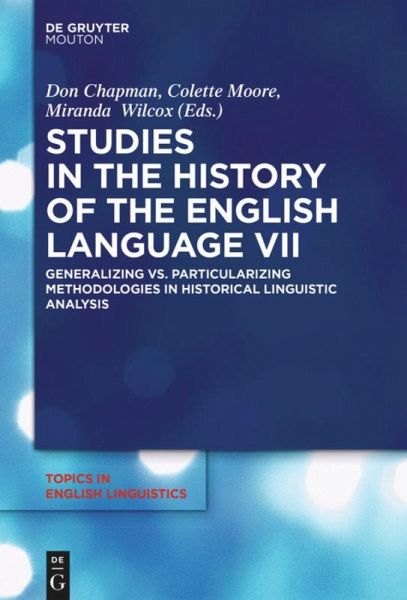
Studies in the History of the English Language VII
Generalizing vs. Particularizing Methodologies in Historical Linguistic Analysis
Herausgegeben: Chapman, Don; Moore, Colette; Wilcox, Miranda
Versandkostenfrei!
Versandfertig in 6-10 Tagen
102,99 €
inkl. MwSt.

PAYBACK Punkte
51 °P sammeln!
This book looks at how historical linguists accommodate the written records used for evidence. The limitations of the written record restrict our view of the past and the conclusions that we can draw about its language. However, the same limitations force us to be aware of the particularities of language. This collection blends the philological with the linguistic, combining questions of the particular with generalizations about language change.



